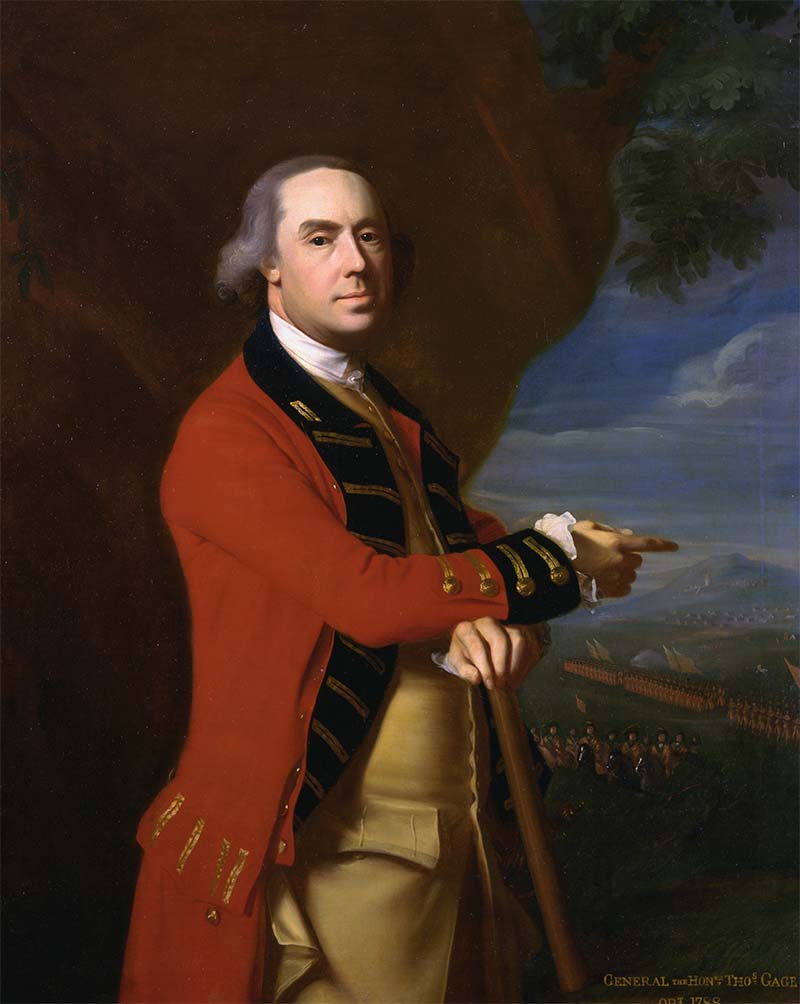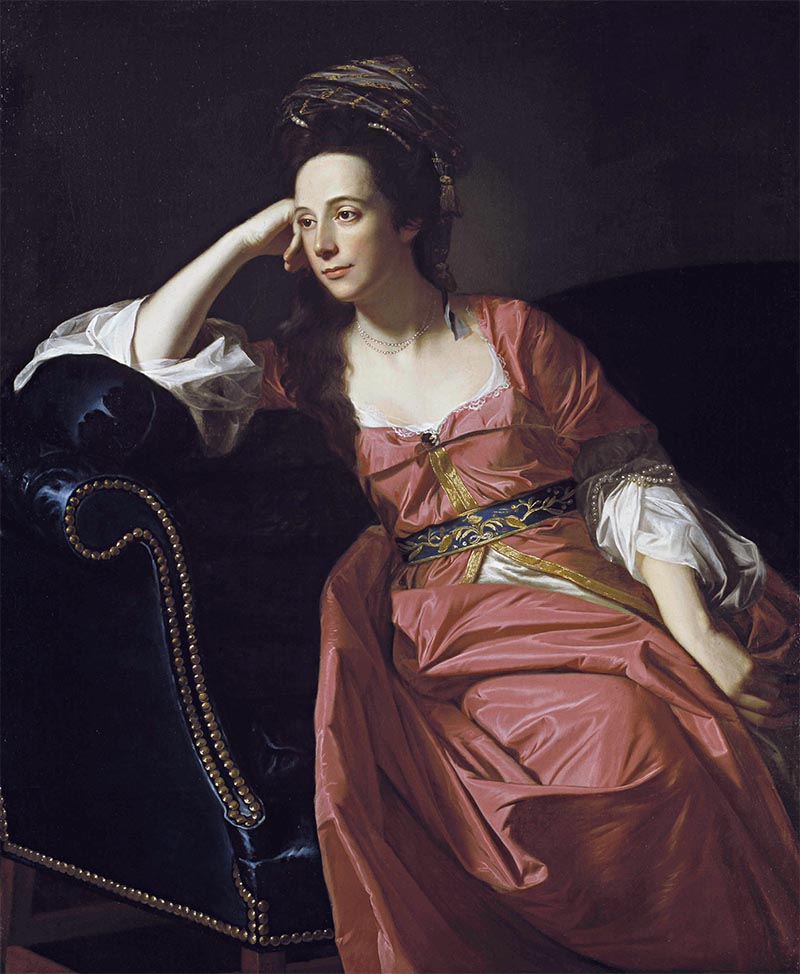What were the Intolerable Acts?
British authorities were stunned by the Boston Tea Party. In their wanton destruction of private property—and so much, at that!—the Americans had gone too far this time. They must be taught their place: subordinate to England and to Parliament. In 1774, Parliament passed the punitive Coercive Acts (known in the colonies as the “Intolerable Acts”), legislation designed to do just that. There were five:
- The Boston Port Act closed the port of Boston. In order to see it reopened, the city would need to pay the British East India Company back for the tea that had been destroyed.
- The Massachusetts Government Act threw the colony under the direct control of the British government. Gone was the old colonial charter. Gone was the colonial prerogative of appointing or electing most government officials; now they’d almost all be appointed by the king (or his governing appointees) or Parliament. Mostly gone, too, was that most sacred of Massachusetts political traditions: the town meeting. Such gatherings were to be limited to just one per year.
- The Administration of Justice Act allowed for royal officials in America accused of offense while in the line of duty to be moved to Britain (or elsewhere within the Empire) for trial—somewhere it was unlikely the witnesses requisite for conviction could follow.
- The Quartering Act, applicable to all of the colonies, took control over the provision of housing for British troops out of the hands of the various colonial assemblies and into the hands of the royal governors—who could then requisition suitable, unoccupied quarters for them, even if those quarters happened to be privately-owned.
- The Quebec Act, though not a direct response to the Boston Tea Party, was passed at the same time as the other four. American colonists themselves considered it one of the “Intolerable Acts” not only because it enlarged the Province of Quebec at the expense of rival colonial claims, but it guaranteed the free practice of Roman Catholicism.

